Prebiotics Vs Probiotics
Are fermented foods as good for you as the headlines say?
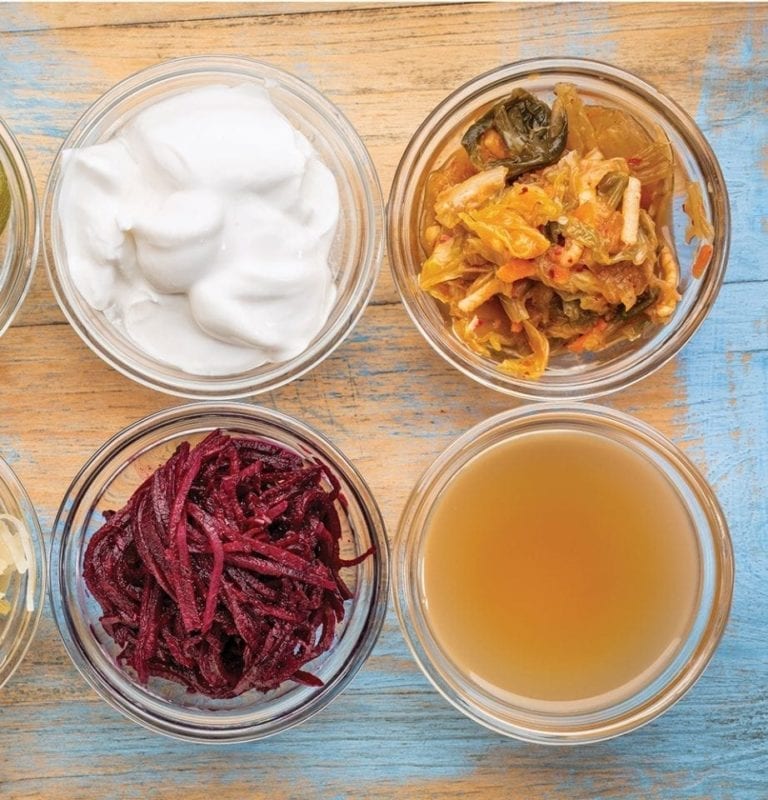
Sales of fermented foods and products that contain live bacteria and yeasts known as probiotics are now worth billions of pounds a year. But is this way of eating really a recipe for a healthy gut and improved wellbeing – or just another fad? Sue Quinn investigates.
Scientists’ rapidly expanding knowledge about the microbes in our guts and the effect they have on our health has seen sales of foods containing probiotics soar in recent years. The global market for these foods, drinks and supplements that claim to contain live beneficial bacteria was worth £30 billion in 2015 according to one report, and is forecast to rise by almost 50 per cent by 2023. The big question is, do probiotics actually work?
Research into the human microbiome – the billions of microbes that call the human body home – is still in its infancy, but according to scientists working on this new medical frontier, some facts are clear. Gut bacteria are crucial for human health, especially for brain development, digestion and maintaining a healthy immune system. Disruption of certain gut microbes, scientists believe, might be responsible for a wide range of common health problems, too.
The question is, can we really improve the diversity of microbes in our guts, and therefore our health, by downing a daily bottle of yogurt drink that has so-called good bacteria or probiotics added, or by chomping through a bowl of fermented vegetables?

Gut bacteria and probiotics
Incredibly, the collection of microbes that live in the average adult’s gut weighs just over a kilogram – about the same as the human brain. The microbes help break down food that we can’t digest, extract key nutrients and essential vitamins, and produce chemicals that aid bodily functions. The wider the variety of bacteria in our gut the better, as poor diversity is associated with (but not proven to cause) a range of health problems including obesity, diabetes, mood disorders, infertility and even cancer.
Probiotics are live bacteria and yeasts that are thought to give gut microbes a healthy boost, although scientists don’t fully understand them yet. They’re added to probiotic drinks (although the term ‘probiotic’ can’t legally appear on the label) and are naturally present in fermented foods such as yogurt, kefir, miso, kombucha, kimchi and sauerkraut. But does eating them really benefit our gut bacteria? “It’s uncertain whether probiotics have a definite effect or not,” says Professor Tim Spector, professor of genetic epidemiology at King’s College London and author of The Diet Myth: The Real Science Behind What We Eat. “But the emerging evidence suggests they do.”
The official advice from the NHS is that some probiotics might help in some cases. Professor Spector agrees, adding that people with specific health problems such as irritable bowel syndrome (IBS), poor immunity or those who have just finished a course of antibiotics (which can wipe out protective gut bacteria) are most likely to benefit. “Most of the diseases we are seeing now are associated with a lack of beneficial microbes, and it’s usually several in a group,” he says. “These might be microbes known for dampening inflammation, so people who lack these tend to be those getting autoimmune diseases.”
There’s no proof that probiotics benefit healthy people, but Dr Gemma Walton, a gut microbiologist at Reading University, says some studies suggest they might. “We never know when we are likely to encounter something that could make us unwell,” she says. “If you ate something that gave you astroenteritis, for example, you’d probably be better equipped to deal with it with a fortified microbiome. Studies analysing instances of diarrhoea among travellers showed those taking a specific probiotic were less likely to suffer from a stomach upset – or they experienced symptoms for a shorter time.” But which probiotic foods are best?
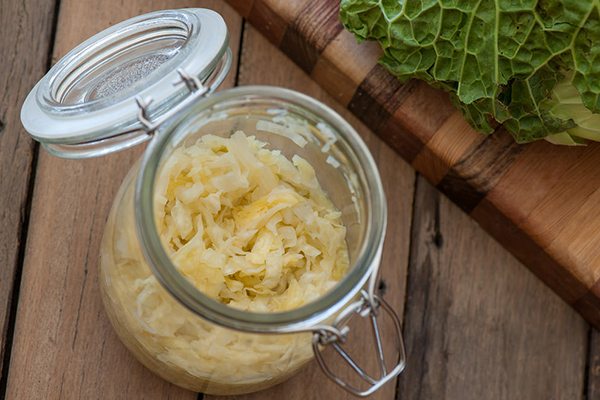
‘Natural’ probiotics are better
Probiotic foods aren’t tested in the same rigorous way as medicines. So it’s difficult for consumers to be sure whether a probiotic food actually contains the bacteria stated on the label, or enough of them to have an effect. It’s also impossible to know whether sufficient bacteria will survive exposure to stomach acids and thrive in the gut. In fact, in 2014 when scientists at University College London put eight probiotic drinks and supplements through three tests, only one product passed them all.
Professor Spector points out that yogurt drinks with probiotics added by the manufacturer generally contain just a few strains of bacteria, so he suggests opting for kefir, a fermented milk drink. “If there’s a natural food alternative to yogurt drinks, take it,” he says. “Kefir probably has five times as many species of bacteria as yogurt drinks.”
Then there’s prebiotics…
Some researchers believe the key to good gut health might be prebiotics – high-fibre foods that feed the good bacteria in our guts. Fermented vegetables such as kimchi and sauerkraut are prebiotics as well as probiotics. Other effective prebiotics include onions, celery, asparagus, chicory and garlic.
“Prebiotics are types of food that our own enzymes don’t break down, so they arrive in the large intestine and can be used by the bacteria that live within,” explains Dr Walton. “Prebiotics promote the growth or activities of some positive bacteria that we already have within us, changing the balance of bacteria to one that is likely to be more favourable.”
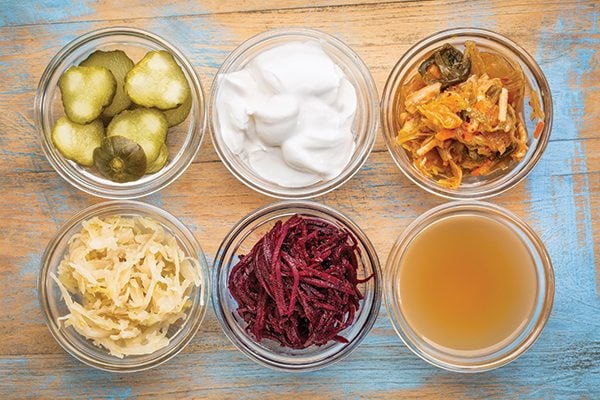
The verdict
A lot more research is needed into probiotic and prebiotic foods, but scientists believe the very sick, the very young and the very old might benefit from them. There could be advantages for healthy people, too. Opt for fermented foods over yogurt drinks and eat a varied diet that includes prebiotics.
Professor Spector’s 5 tips for gut health
- Try a shot of kefir every morning, ideally on an empty stomach.
- Kombucha is one of the richest sources of healthy microbes.
- Other natural probiotics worth trying include fermented foods such as kimchi, sauerkraut, miso
- Eat a wide variety of foods and try new things to encourage the diversity of gut bacteria.
- nuts are particularly good at nourishing gut microbes.
Professor Spector and a team of gut experts have launched a new testing service that enables you to have your gut microbes analysed by health professionals.
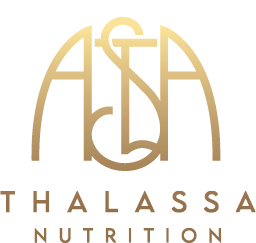
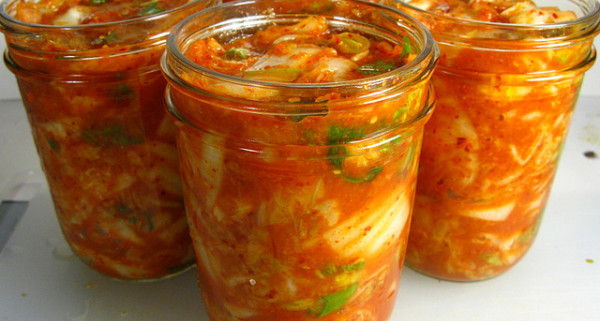 no
no no
no no
no